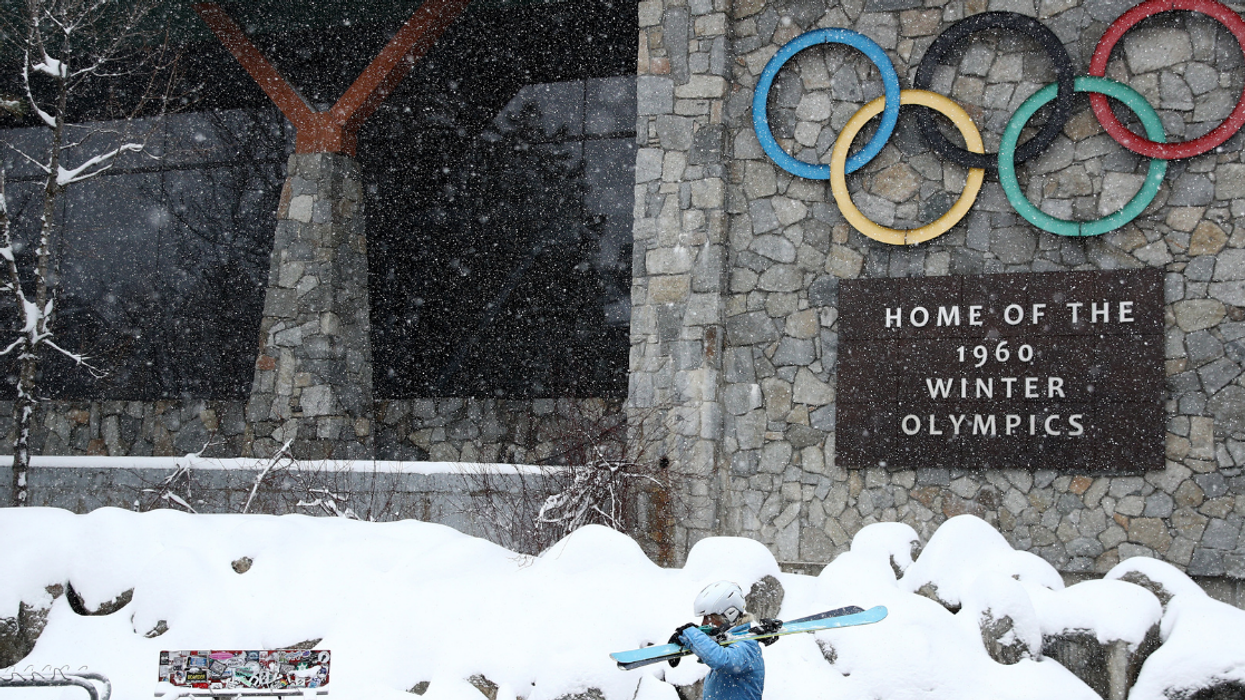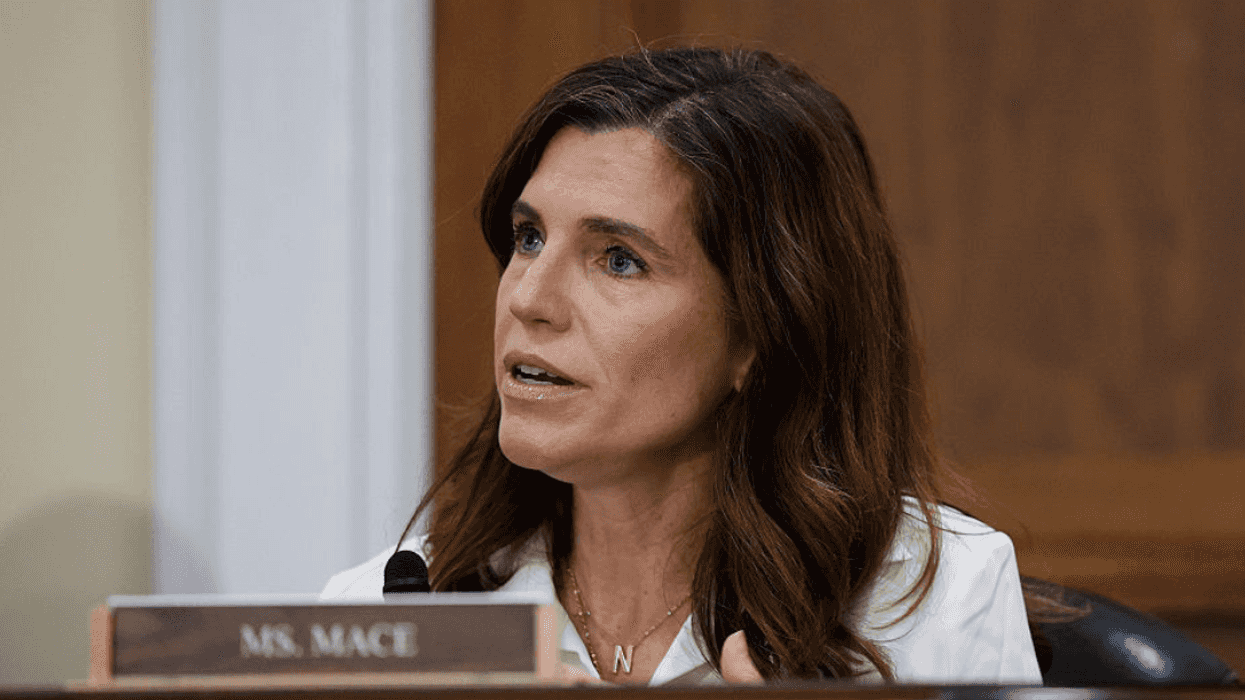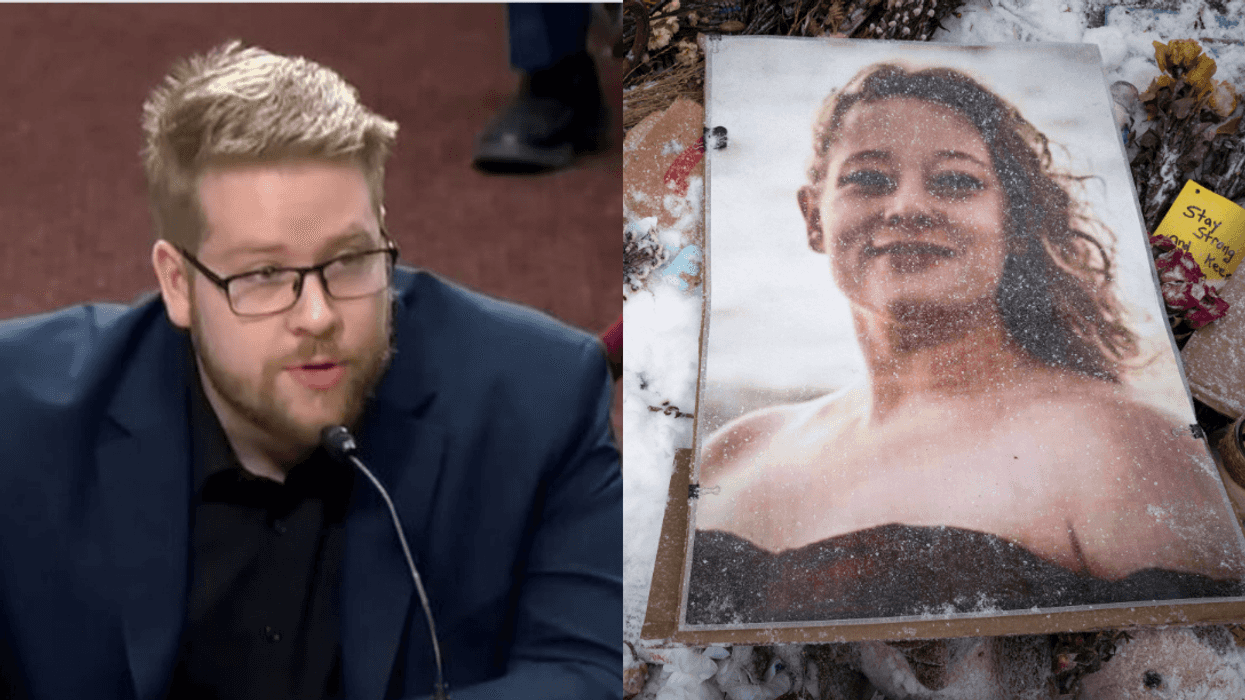Since 1960, members of the Washoe Tribe have been urging a famous ski resort to change their name because of its racist and misogynist origins.
That day has finally come.
The formally named Squaw Valley resort gained their fame after hosting the 1960 Winter Olympics. Originally established in 1949, the resort nestled in the mountains of Lake Tahoe has changed their name to Palisades Tahoe.
In a statement, Palisades Tahoe said:
"More than one year ago, we came to the conclusion that it was time to change our name."
"The reasons were clear—the old name was derogatory and offensive. It did not stand for who we are or what we represent."
"And we could not in good conscience continue to use it."
According to members of the Haudenosaunee Confederacy—from whom the term "squaw" comes—it is derived from the Algonquin language and refers to an impolite term for part of the female anatomy. After contact with French fur trappers, the term became used to mean "whore."
The English assumed it meant woman. They began using it in that context in popular culture leading to many places containing a misogynist slur in their name.
For Indigenous women, it has always been a derogatory term.
Around the time the Valley got it's name in 1850, California became a state and subsequently created a law to protect and allow colonizers to kidnap, enslave, sell and offered bounties to kill Indigenous peoples. The term was used to distance Indigenous women from their humanity and justify the horrendous acts against them.
The resort said they began a long journey of realizing a new name for their resort and spoke with the local community and engaged in researching local history.
Director of the Tribal Historic Preservation Office and Cultural Resources Office of the Washoe Tribe, Darrel Cruz, said:
"We have been in the area for thousands of years. Olympic Valley is within the ancestral homeland of the Washoe people."
"The word itself is a constant reminder of the unjust treatment of the Native people, of the Washoe people."
"It's a constant reminder of those time periods when it was not good for us."
"It's a term that was inflicted upon us by somebody else and we don't agree with it."
Dee Byrne, the resorts President and Chief Operating Officer, told The New York Times:
"'Squaw' is a hurtful term, and we're not hurtful people."
"Palisades Tahoe totally aligns with our values and what we want to represent to the marketplace going forward."
According to The Hill, this change was well received by the Indigenous communities of the Washoe Tribe of Nevada and California.
Washoe tribe chairman Serrell Smokey said:
"They were willing to do it."
"They were not forced. Of course the tribe pushed them for many years. "
"But the fact that they were willing to do the right thing and get rid of this very hurtful word that was in the name of their resort was just really bold."
Many other comments simply said, "Finally," and, "It's about time!"
However not everyone was overjoyed at the idea of change.
Orange Cove Mayor Victor Lopez said:
"I guarantee you I will not support that."
City Manager Rudy Hernandez also said he would not be supporting the new name.
However, a petition to rename the Valley by citizen Roman Raintree had more than 400 signatures by noon on January 29. Ultimately, the resort dedicated to changing the name after the 2021 winter season after waves of racial justice calls since the killing of George Floyd in 2020.
This is reminiscent of the Washington football team announcing they would remove the racial slur "Redskins" from their NFL franchise after Indigenous activist groups put pressure on the 87-year-old team.
California Parks and Recreation also made acknowledgements for the harm in their histories and proposals for name changes like changing Patrick's Point State Park in Humboldt County to Sue-meg State Park to honor the Yurok people the land was taken from through genocide.














 Awkward Pena GIF by Luis Ricardo
Awkward Pena GIF by Luis Ricardo  Community Facebook GIF by Social Media Tools
Community Facebook GIF by Social Media Tools  Angry Good News GIF
Angry Good News GIF 
 Angry Cry Baby GIF by Maryanne Chisholm - MCArtist
Angry Cry Baby GIF by Maryanne Chisholm - MCArtist 
 @adriana.kms/TikTok
@adriana.kms/TikTok @mossmouse/TikTok
@mossmouse/TikTok @im.key05/TikTok
@im.key05/TikTok @biontrtwff101/TikTok
@biontrtwff101/TikTok @likebrifr/TikTok
@likebrifr/TikTok @itsashrashel/TikTok
@itsashrashel/TikTok @ur_not_natalie/TikTok
@ur_not_natalie/TikTok @rbaileyrobertson/TikTok
@rbaileyrobertson/TikTok @xo.promisenat20/TikTok
@xo.promisenat20/TikTok @weelittlelandonorris/TikTok
@weelittlelandonorris/TikTok @katiebullit/TikTok
@katiebullit/TikTok @rube59815/TikTok
@rube59815/TikTok
 u/Fit_Bowl_7313/Reddit
u/Fit_Bowl_7313/Reddit
 @meteorblades/Bluesky
@meteorblades/Bluesky @bodenkelly/X
@bodenkelly/X